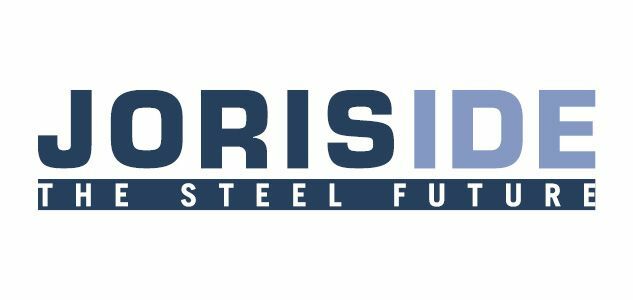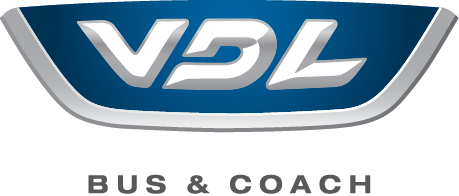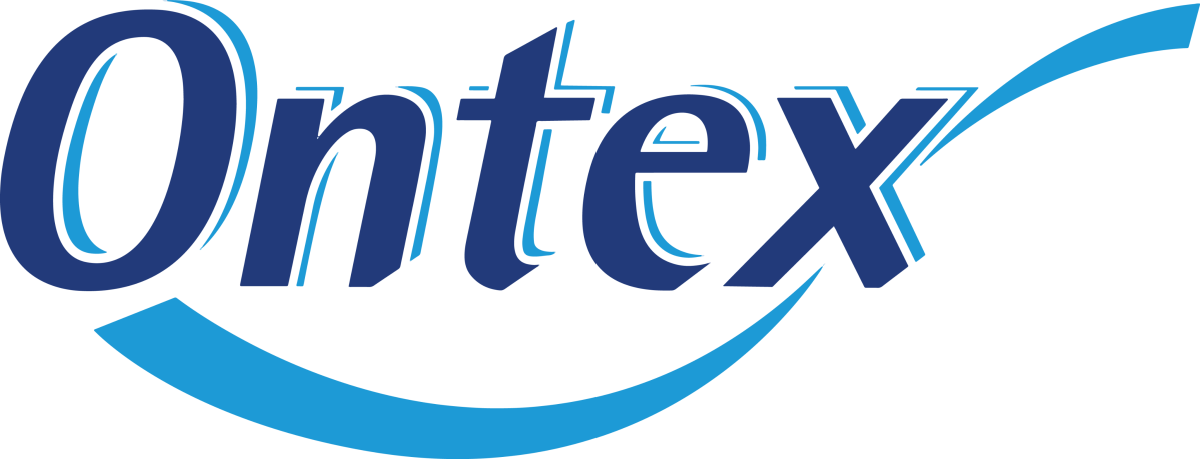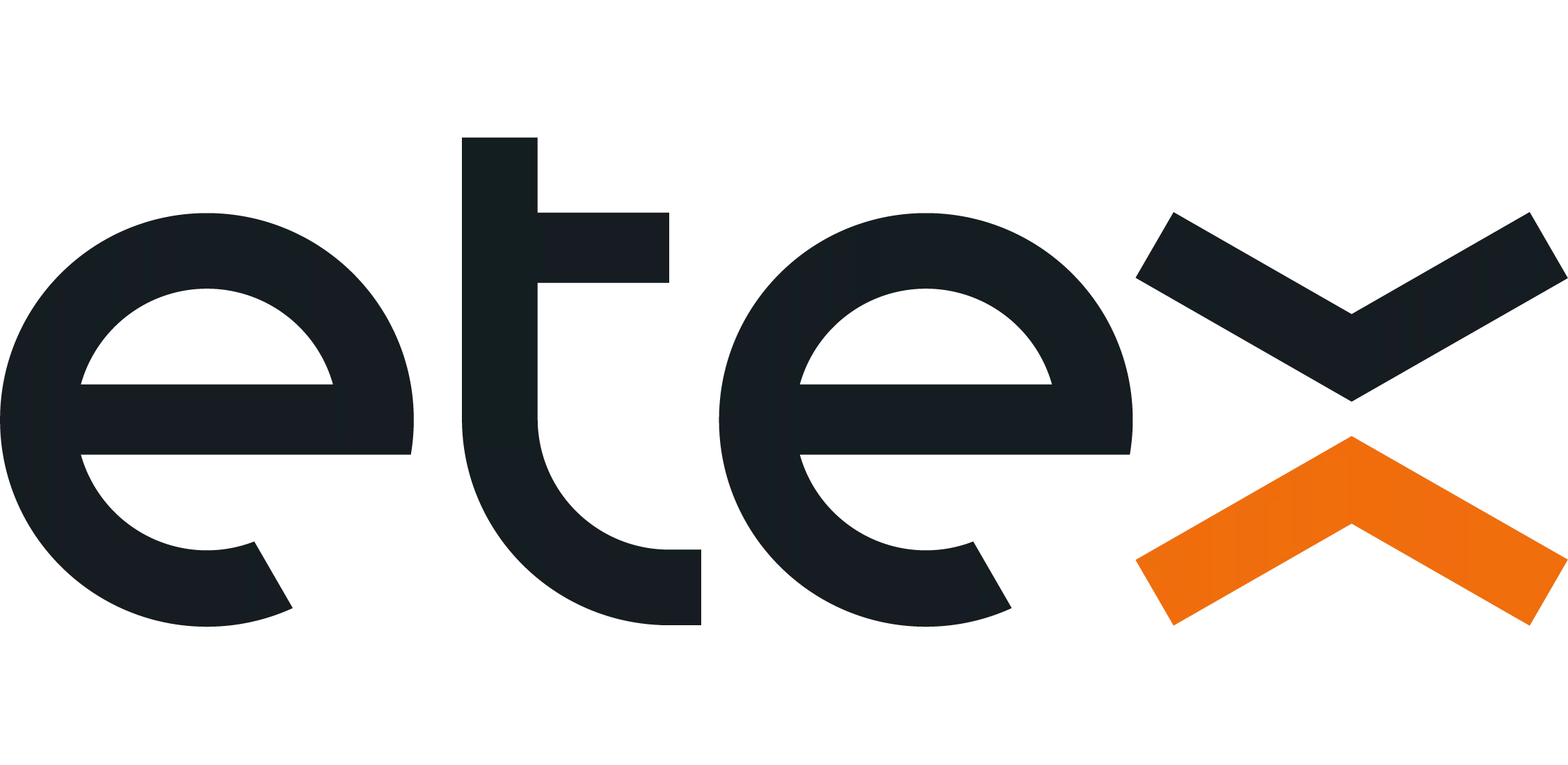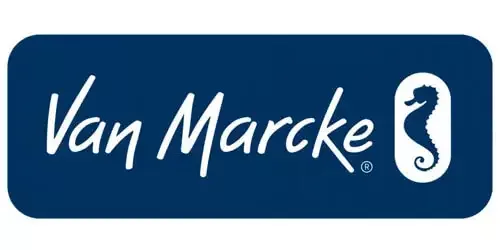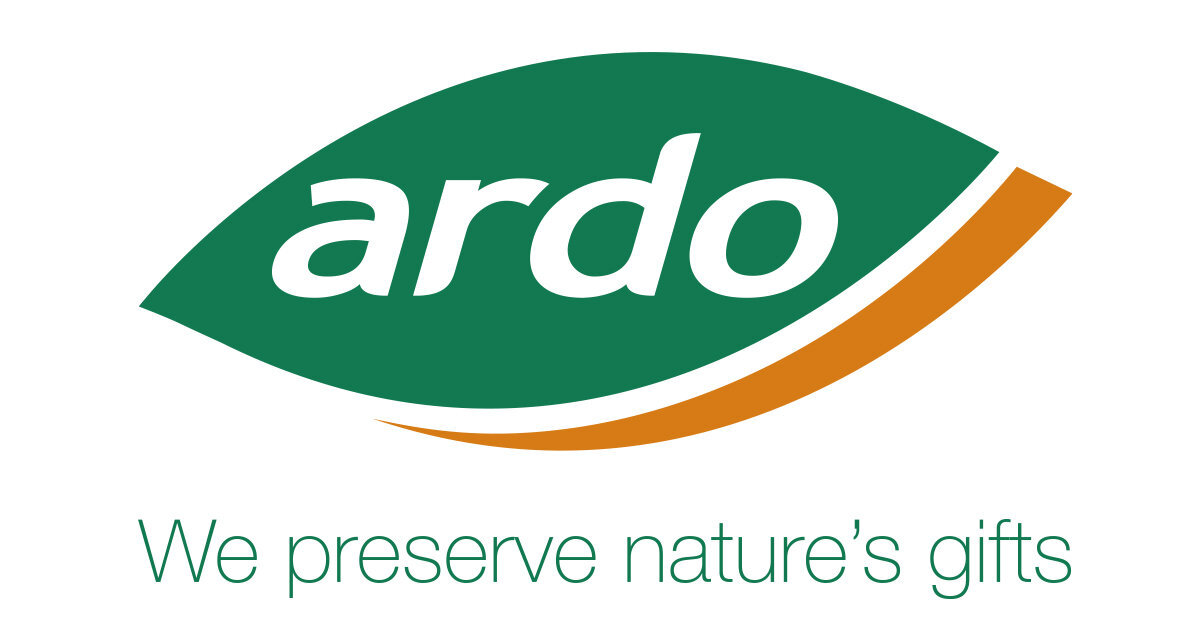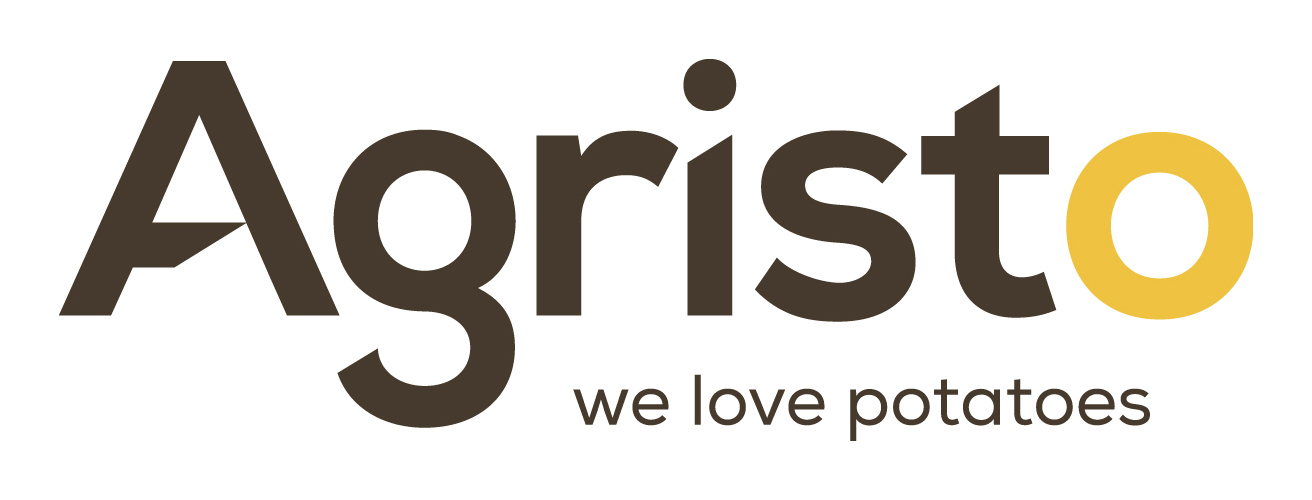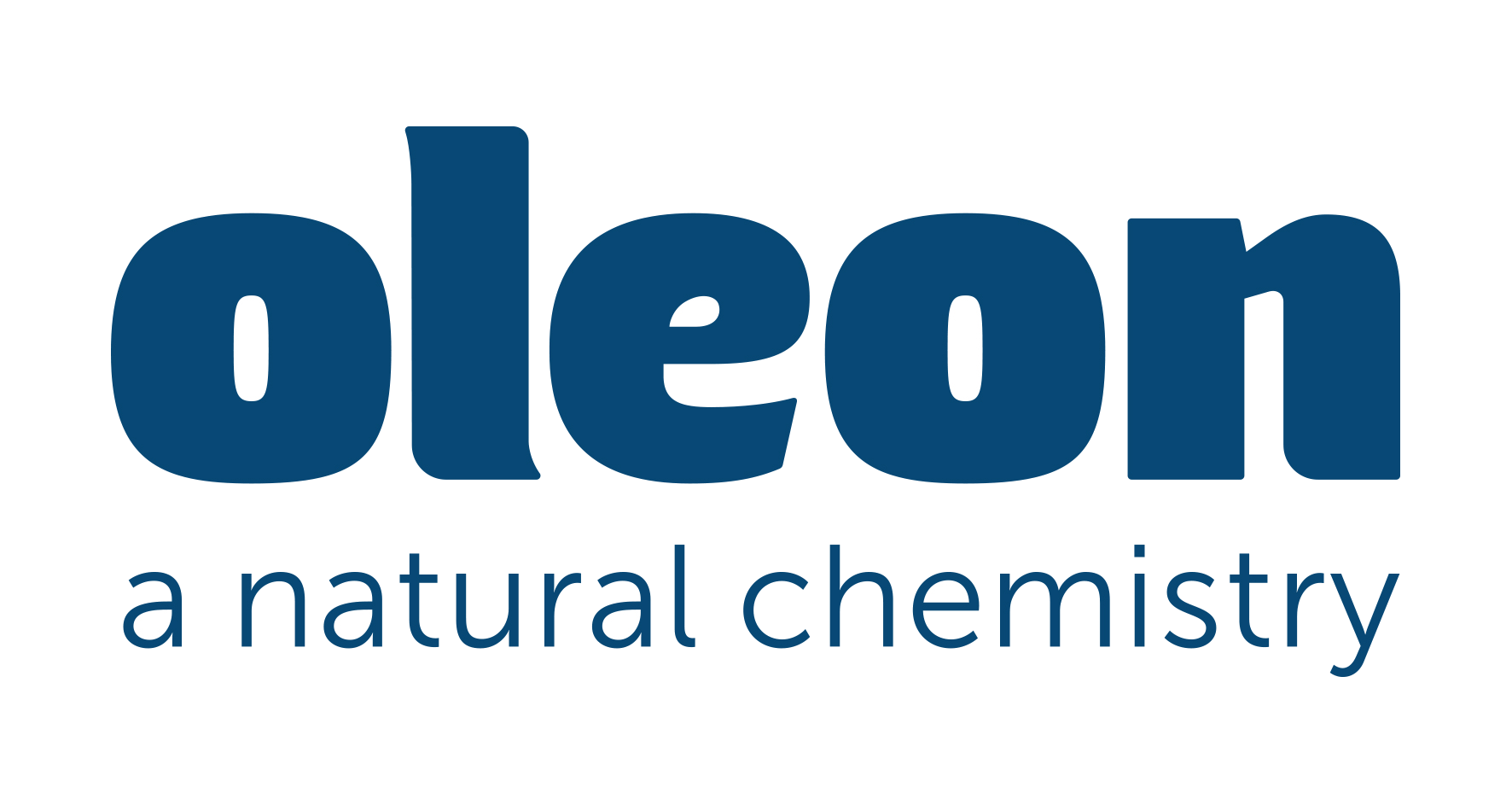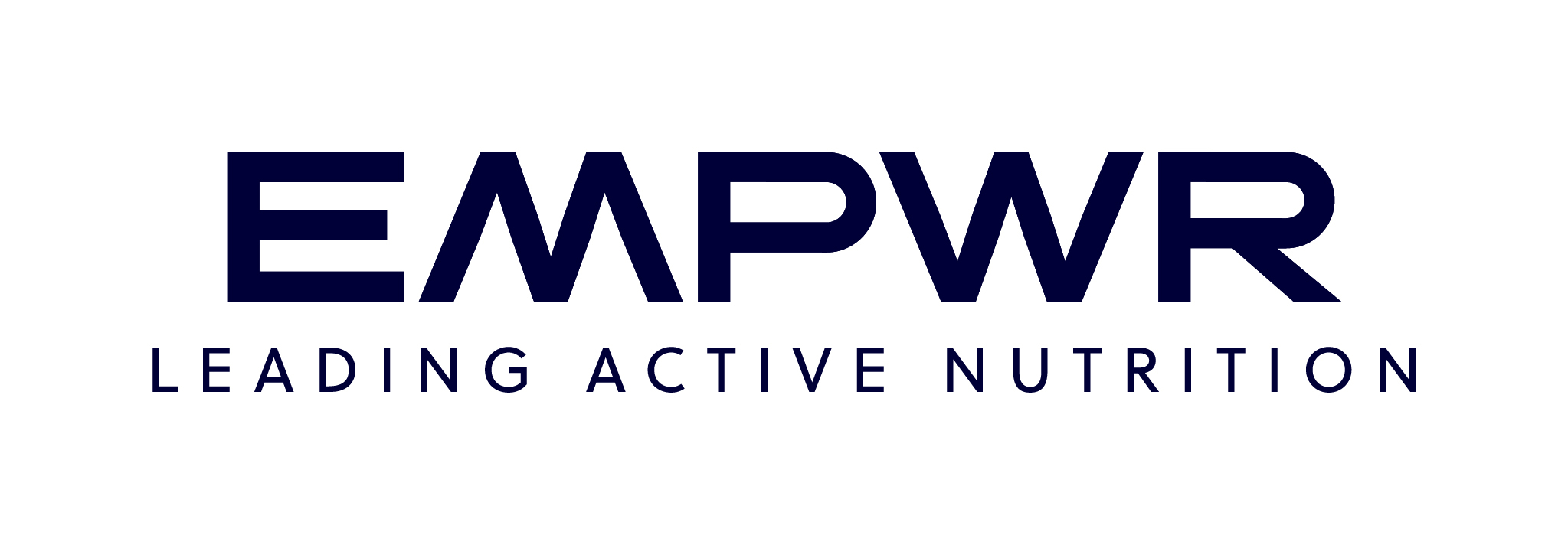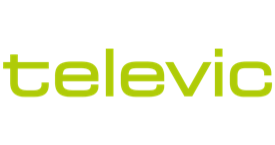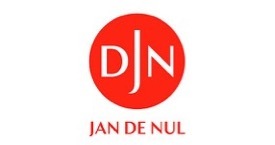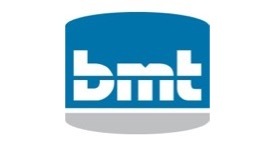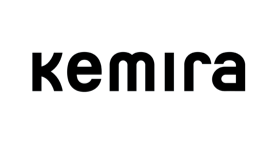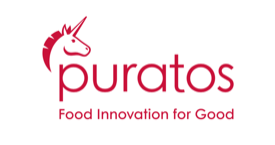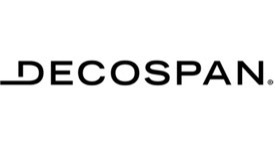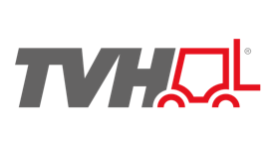Overcoming Business Challenges with a Unified Namespace
In the digital age, businesses face a variety of challenges that can hinder growth, efficiency, and innovation. From data silos and operational inefficiencies to the difficulty of scaling digital transformation efforts, these obstacles can seem insurmountable. However, at Mayker, we've found that the adoption of a Unified Namespace (UNS) offers a powerful solution, enabling organizations to overcome these challenges and unlock new opportunities. In this blog, we’ll explore key business challenges that a UNS can help address and the tangible benefits it can bring to your organization.

In the digital age, businesses face a variety of challenges that can hinder growth, efficiency, and innovation. From data silos and operational inefficiencies to the difficulty of scaling digital transformation efforts, these obstacles can seem insurmountable. However, at Mayker, we've found that the adoption of a Unified Namespace (UNS) offers a powerful solution, enabling organizations to overcome these challenges and unlock new opportunities. In this blog, we’ll explore key business challenges that a UNS can help address and the tangible benefits it can bring to your organization.
Breaking Down Data Silos
One of the most pervasive challenges in modern businesses is the existence of data silos. Different departments and systems often operate in isolation, creating fragmented data that is difficult to access and analyze. This lack of integration can lead to inefficiencies, misaligned strategies, and missed opportunities.
How a UNS Helps: A Unified Namespace eliminates data silos by creating a single, cohesive data environment where information from all systems—be it IT, OT, or business applications—is aggregated and made accessible in real-time. This unified view of data enables better collaboration across departments, more informed decision-making, and a holistic understanding of business operations. With a UNS, your organization can ensure that data is no longer trapped in silos but is instead leveraged to its full potential.
A UNS turns data chaos into clarity, empowering every application to speak the same language
Enhancing Operational Efficiency
Operational inefficiencies are a common pain point for businesses, particularly those with complex, multi-layered processes. These inefficiencies can arise from disparate systems that don’t communicate well with each other, leading to delays, errors, and increased operational costs.
How a UNS Helps: By integrating data from all sources into a single namespace, a UNS provides a real-time, accurate view of operations. This transparency enables organizations to identify bottlenecks, optimize processes, and reduce waste. For example, by having access to real-time production data alongside supply chain information, a company can better coordinate its operations, ensuring just-in-time delivery of materials and optimized production schedules. The result is smoother operations, reduced costs, and higher overall efficiency
Enabling Scalable Digital Transformation
Digital transformation is a priority for many organizations, but scaling these efforts across different parts of the business can be challenging. Legacy systems, varying levels of technological maturity, and inconsistent data formats can all create barriers to implementing digital initiatives on a larger scale.
How a UNS Helps: A UNS serves as a flexible, scalable platform that can accommodate data from both legacy systems and modern digital tools. It normalizes and integrates this data, allowing organizations to roll out digital transformation projects more consistently across the entire enterprise. Whether it’s implementing advanced analytics, IoT devices, or AI-driven insights, a UNS provides the foundation for scalable digital transformation. This ensures that new technologies can be seamlessly integrated with existing systems, enabling the entire organization to benefit from digital advancements.
Improving Decision-Making
Accurate and timely data is critical for effective decision-making and strategic planning. However, when data is scattered across different systems and departments, it can be difficult to get a clear picture of the business’s performance, leading to decisions based on incomplete or outdated information.
How a UNS Helps: By consolidating data into a unified namespace, organizations gain real-time visibility into their operations. This holistic view enables leaders to make more informed decisions, backed by accurate and up-to-date information. Strategic planning becomes more data-driven, as decision-makers can analyze trends, forecast outcomes, and identify opportunities with greater confidence. The ability to quickly access and analyze comprehensive data empowers businesses to respond more agilely to market changes and to align their strategies with real-time operational insights.
A Unified Namespace is the cornerstone of digital transformation, turning data into your most valuable asset.
Enhancing Customer Experience
In today’s competitive landscape, delivering an exceptional customer experience is crucial for retaining and attracting customers. However, inconsistent data and disconnected systems can lead to poor customer service, delays, and unmet expectations.
How a UNS Helps: A UNS improves customer experience by providing a unified view of customer data across the business. This enables organizations to deliver more personalized and responsive service. For instance, by integrating data from sales, support, and operational systems, businesses can anticipate customer needs, respond to issues more quickly, and provide a seamless experience across all channels. The real-time nature of a UNS also means that customer-facing teams have the most up-to-date information at their fingertips, leading to faster resolution of issues and a more positive overall experience for the customer
In our experience at Mayker, implementing a Unified Namespace is like giving businesses a new set of eyes and ears. Suddenly, they can see and respond to their entire operation in real-time, leading to smarter decisions and better outcomes
Reducing Compliance and Regulatory Risks
Compliance with industry regulations and standards is a significant challenge for many businesses, particularly those operating in highly regulated environments. Disparate systems and inconsistent data management practices can increase the risk of non-compliance, leading to fines, legal issues, and damage to reputation.
How a UNS Helps: A UNS provides a centralized platform for data management, ensuring that all data is collected, stored, and processed according to regulatory requirements. By offering real-time visibility into all operational and transactional data, a UNS helps organizations maintain compliance with industry standards more easily. Additionally, the ability to generate comprehensive, real-time reports from a unified data source simplifies the audit process and reduces the risk of non-compliance.
The UNS bridges the gap between IT and OT. It allows machines, systems, and people to communicate seamlessly, turning data into your most valuable asset
Conclusion: The Strategic Advantage of a Unified Namespace
The challenges businesses face today are complex and multifaceted, but they are not insurmountable. By adopting a Unified Namespace, organizations can break down data silos, enhance operational efficiency, scale digital transformation efforts, improve decision-making, enrich customer experiences, and reduce compliance risks.
The UNS not only addresses immediate challenges but also lays the groundwork for future innovation and growth. As businesses continue to navigate the demands of a digital-first world, a Unified Namespace will be an essential tool for staying competitive, agile, and resilient.
At Mayker, we've seen firsthand how a UNS can transform businesses across various sectors in Belgium. If your organization is looking to overcome these challenges and unlock new opportunities, we at Mayker are here to help you implement a UNS tailored to your specific needs and goals.
Ready to transform your business with a Unified Namespace? Contact Mayker today to learn how we can help you build a more connected, efficient, and innovative organization
We pride ourselves on bringing value to all our clients
